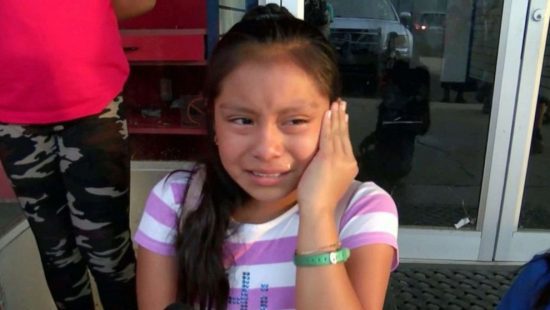Socially isolated older adults have a 27% higher chance of developing dementia than older adults who aren’t, a new study by Johns Hopkins researchers found.
“Social connections matter for our cognitive health, and it is potentially easily modifiable for older adults without the use of medication,” Dr. Thomas Cudjoe, an assistant professor of medicine at Johns Hopkins and a senior author of the study, said in a news release.
Published in the Journal of the American Geriatrics Society, the study tracked 5,022 dementia-free U.S. adults who were 65 or older – with an average age of 76 – and not living in a residential care facility. About 23% of participants were socially isolated.
Social isolation is defined as having few relationships and few people to interact with regularly. The study measured this based on whether or not participants lived alone, talked about “important matters” with two or more people in the past year, attended religious services or participated in social events. Participants were assigned one point for each item, and those who scored a zero or one were classified as socially isolated.
Over the course of nine years, researchers periodically administered cognitive tests. Overall, about 21% of the study participants developed dementia. But among those who were socially isolated, about 26% developed dementia – compared to slightly less than 20% for those who were not socially isolated.
The study did not find significant differences by race or ethnicity. However, more than 70% of the participants in the study were white – with particularly small sample sizes of Hispanic, Asian and Native participants – and the authors call for further research on the topic.
Social isolation linked to an increased risk of dementia
Written by
Reynaldo Mena
— January 18, 2023








